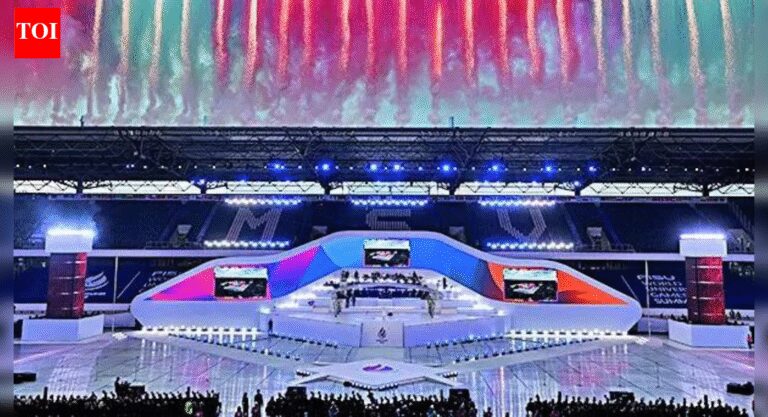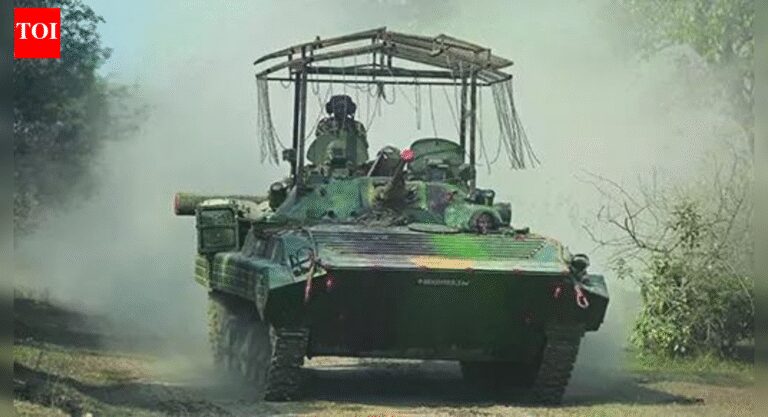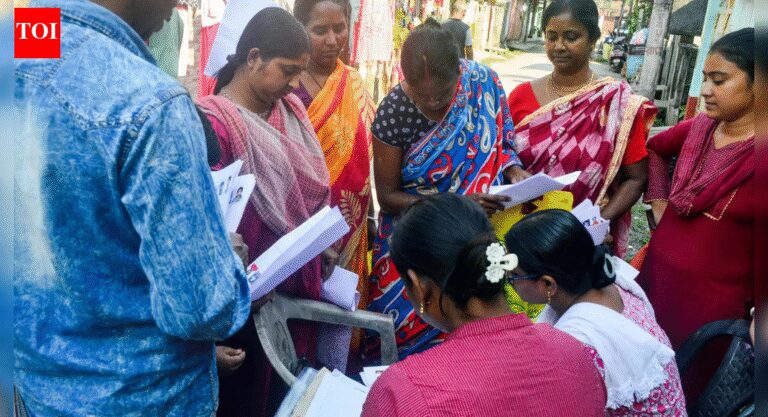
NEW DELHI: India has just four palliative-care centres for every 10 million people, leaving millions battling cancer, chronic illnesses and terminal conditions without timely pain relief or support, according to a new study published in cancer journal ecancermedicalscience. It also showed that people often travel nearly two hours to reach the nearest palliative-care centre, and only 23.7% of the population can access such services within 30 minutes.The study – conducted by the Association for Socially Applicable Research in collaboration with NGO Pallium India – stated that compact territories like Delhi, Chandigarh and Goa fare better due to stronger infrastructure and shorter travel distances. But most large states remain severely underserved, far from the WHO’s definition of qualitative palliative care.Lead author of the study, Dr Parth Sharma, said India can achieve near-universal palliative-care access without building new infrastructure. “If effectively leveraged, the existing public health system can deliver palliative care. Training more healthcare providers would be enough to meet population needs,” said Sharma.“The study highlights a critical gap in India’s healthcare system,” said Dr Suranjit Chatterjee, senior consultant, internal medicine, Indraprastha Apollo Hospitals. He said palliative care “is not an elective addition but the heart of humane, person-centred care”, and called for integrating services into primary health centres, scaling home-based models, expanding specialist training and ensuring district-level access to essential pain medicines.Dr Dinesh Singh, director of radiation oncology, Action Cancer Hospital, Delhi, said the findings expose “an urgent and deeply concerning gap”, with patients’ pain, dignity and quality of life compromised when palliative care is out of reach. He urged expansion of centres, integration of palliative services in all hospitals and strengthening of home-care models.Kerala is the standout model. With only 2.5% of India’s population, it hosts 44.5% of all palliative-care centres, giving 94.6% of its people access within 30 minutes. In contrast, Uttar Pradesh has just 12 centres for 17% of India’s population, with a median travel time of 111 minutes. In the North-east, mountainous terrain means long travel times even where centres exist. Rural-urban gaps are equally stark, with rural travel times ranging from nine minutes to 591 minutes, underscoring deep inequity. As India’s burden of cancer and chronic illness rises, the study warned that geography still decides whether a patient receives comfort – or suffers without care.







